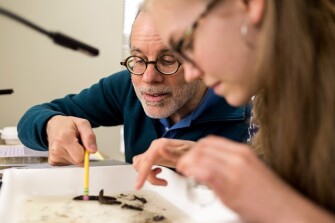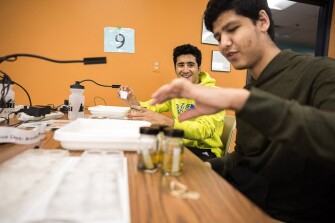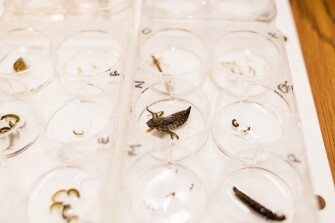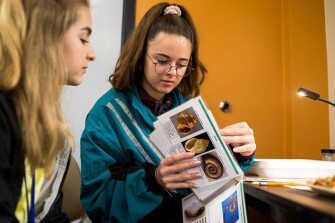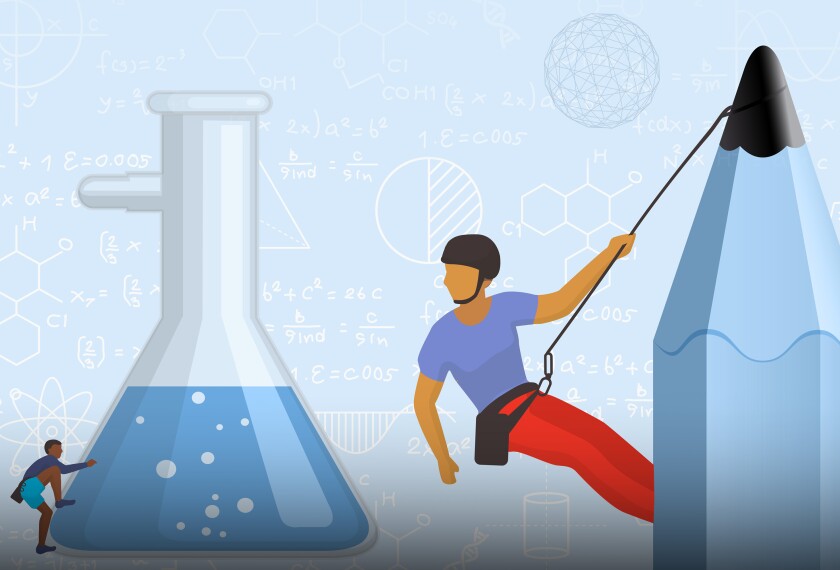Citizen science is a method of involving students and community members in scientific research and exploration using the same parameters as professional scientists.
During the Huron River Watershed Council’s annual “Insect Identification Day” in Ann Arbor, Mich., students and volunteers identified insects to add to the group’s ecological survey. Such projects are part of a new wave of science learning that happens outside of classrooms and more directly links students to real research.
“A long time ago, it was just regular people who were scientists. We should be giving the community a lot of opportunities to integrate in our field,” says Jason Frenzel, who oversees citizen science projects for the Huron River Watershed Council.



